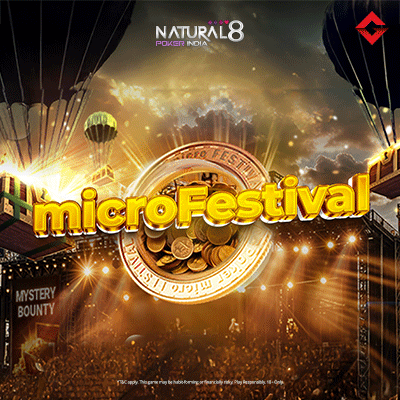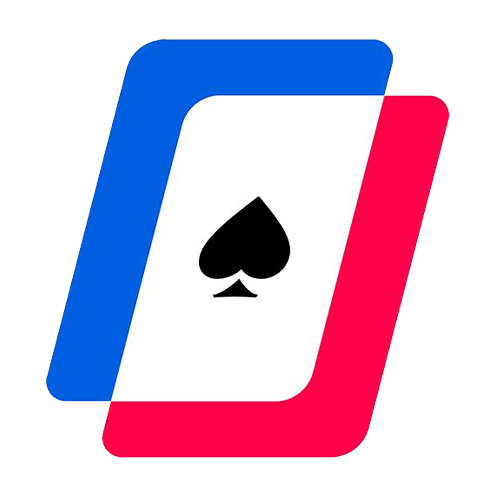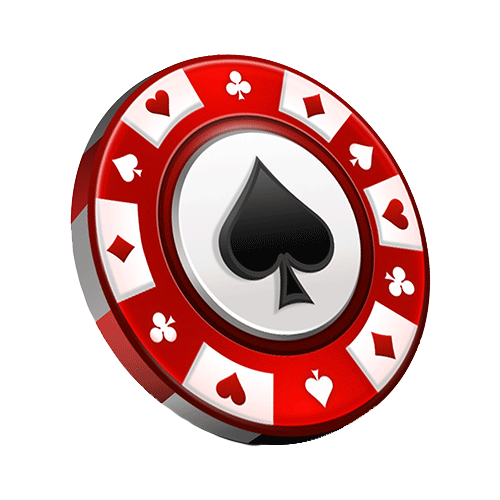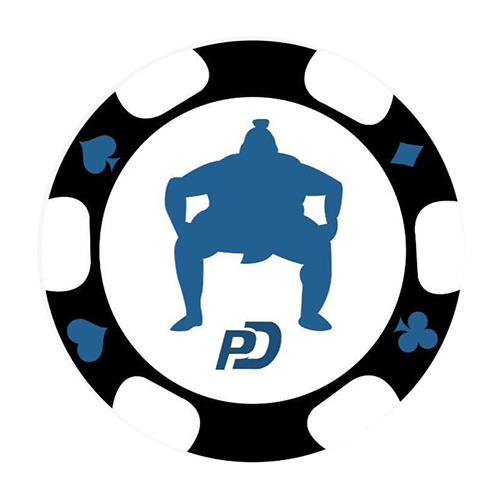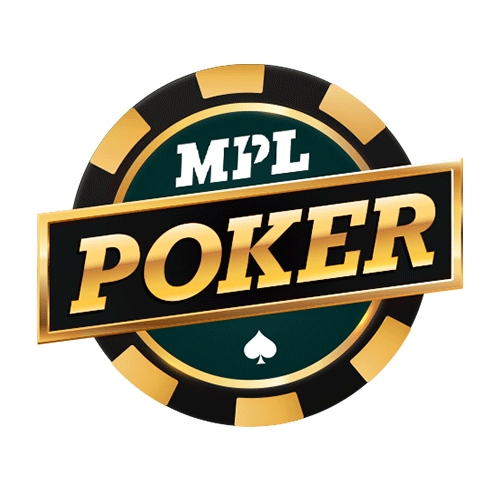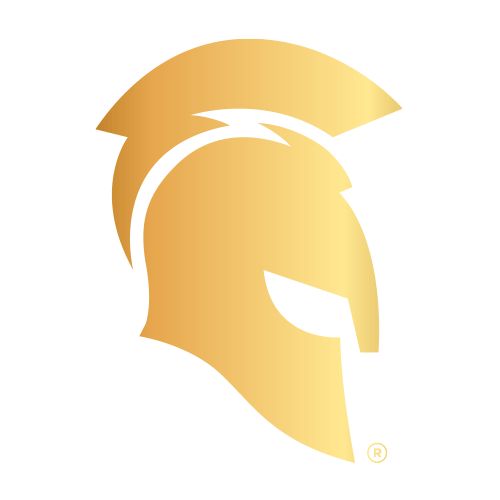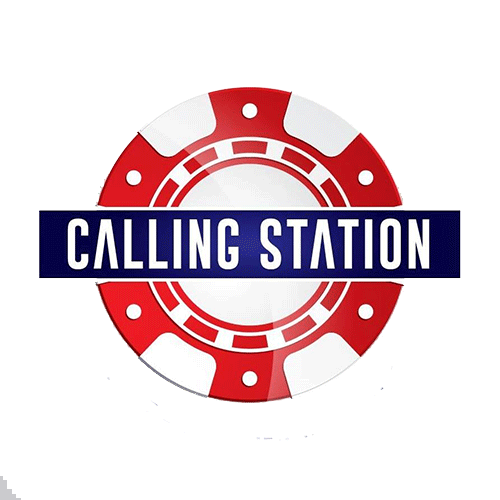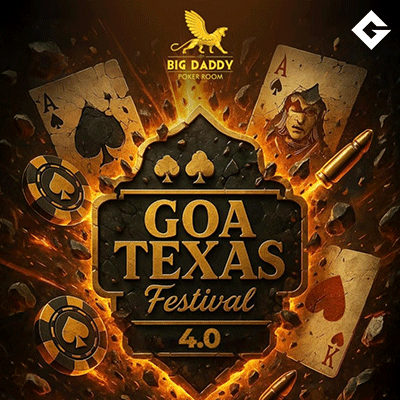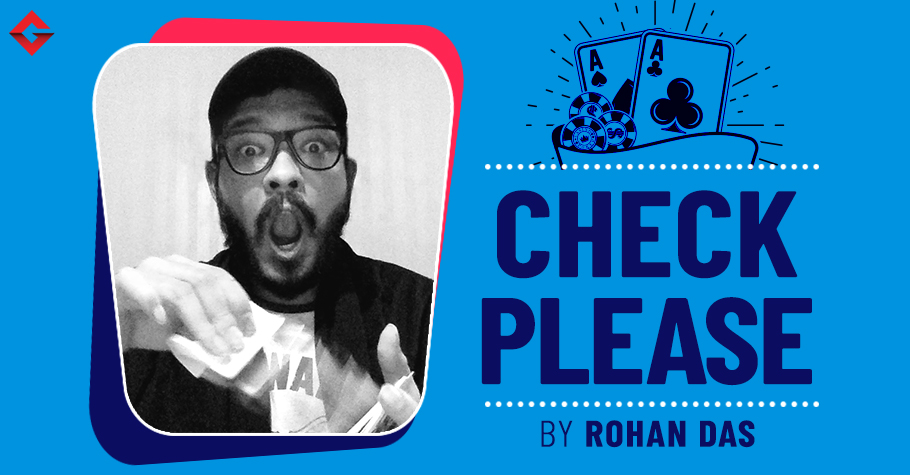 Poker
Poker
Busting Common Poker Myths
Between my initial introduction to the game, the IPC and beyond, it’s fair to say that I’ve spent a fair bit of time around the poker tables.
Over the years, whenever I’ve met someone new or my friends and family learnt that I was going to Goa on a regular basis for poker tournaments, they always had questions: ‘You’re going to play?’ or ‘I have no idea about the game, can you teach me?’ etc. I’m happy to address these questions no matter how many times I’ve been asked because I’ve always encouraged new players to take up the game. Not only will give them a new hobby, should they choose not to take it up seriously, but it’s good for the overall poker economy as well.

Then there’s the other lot who either have preconceived notions because the game involves cards or maybe they’ve had one or two bad experiences which left them feeling bitter towards the game. Both of these outlooks are quite myopic because Poker is more about the long term than the short term. Instead of questions however, these people tend to make sweeping statements about Poker, which if you’ve studied the game a little bit will realize are not really true. So for this week, I’m going to address the three of the most common misconceptions about Poker.
‘It’s all luck, yaar/It’s just gambling/There’s no skill’

To a society whose main exposure to card based games has been Teen Patti, which isn’t as dynamic a game as poker, I can understand why people might feel this way. In most cases, these people are the ones who touch cards only during the Diwali and forget about it for the rest of the year. They’re the toughest to crack.
If it were all luck based and if there were absolutely no skill involved, then there wouldn’t be professional poker players out there who have had successful, decades long careers playing this game.
The best comparison to poker players would be stock traders. There’s millions upon millions of people who make a living trading on the stock market. These people don’t just cover their eyes and randomly point to a stock that they want to buy. No, these traders meticulously study charts and trends and then decide whether or not they want to invest in a particular stock. Similarly, poker is about making the best possible decision with all the available information at a particular point of time.
You’re not only thinking about the hand you’re currently involved in, but you’re also thinking about what happened the last 5, 10, 15 and more hands ago and what happened when you played the same opponent the last time, what might happen for the rest of the hand, what hand they might have right now, etc. And just like how the stock market changes every minute, the dynamics of a hand of poker can change with every card that is dealt on the flop, turn and river*.
Poker theory also tells us which of the possible 169 starting hands to play and not to play. So now, you tell me, does it seem like it’s all luck to you?
‘The House Always Wins’
This line has been repeated enough and more times in books, TV shows, movies and pretty much every form of media out there. And, for the most part it is true. If you play any traditional casino game, you are at an inherent disadvantage because the casino does have a slight mathematical advantage against a player. For example, in Blackjack even if you and the dealer both go over 21, you still lose because you have to play first.
But, what if I told you that this isn’t the case with Poker? In fact, in most casinos, Poker is probably the least profitable and least revenue generating games on offer. This is because in poker, you’re not playing against the house. You’re playing against the other player/s at the table and any hands that are played are only played between the players at the table. The dealer merely acts as a facilitator dealing the cards and making sure that there is nothing untoward going on.
Obviously, casinos aren’t going to offer the game for free. They charge a small percentage of every hand played – usually between 2 to 5% for providing this service. This is called the rake, and is usually capped at a certain amount depending on what stakes are being played and this goes towards their infrastructure costs and for any refreshments and other freebies that they might offer to poker players. So for the most part there is no real incentive for them to offer the game unless there’s a massive tournament series like the WSOP or the WPT taking place and in the long run, the better poker player will win and not the house.
‘Poker Players Are Very Boring/Serious People’

This one I actually find extremely funny and it probably comes from extremely limited exposure to the game and having heard the term ‘poker face’ in passing conversation. Maybe some poker players are inherently introverted and come across like that but the reality for the rest is quite different.
I think I alluded to this in my column about Chess and I think it’s time I dug deeper into this. Poker is an extremely decision based game – after all, there is money on the line and in a big pot there is a lot of information to process. You’re not only thinking about the cards in front of you or the money at stake but you’re also thinking about what happened a few hands prior, what might your opponent do in the next round of betting, how would they respond if you did this, or should you take a different route entirely. With all that going through your mind, you can’t really be expected to be joking around.
Poker etiquette dictates that when a big pot is being played that the other players be quiet so that the ones involved can think. At the same time, the players who are in the hand are also trying not to give away any information by way of changes in the pitch of their voice, a throbbing nerve or any other sort of facial tick (hence, the term ‘poker face’) so it’s understandable that they’d try to maintain a stone cold face. You take that pressure away, and they’re some of the funniest and most affable people you’d meet. I once had someone even say to me ‘I didn’t know poker players were so intelligent!’ Ha!
I didn’t mean for this to sound like a rant but I also did want to address these particular things for posterity. In case you have any questions about the game or are confused about something, please feel free to tell me in the questions below or reach out to me on my Instagram.
Until next time, Cheers!
- *Flop – The first three community cards dealt face up
- *Turn – The fourth community card, also known as ‘Fourth Street’
- *River – The fifth and final community card, also called ‘Fifth Street’
About the author: Rohan Das is not now, nor has ever been a professional poker player, but has been associated with the Indian poker fraternity since 2011. He has a deep love for the game and is always encouraging new players to take up the sport. You can get in touch with him on Instagram @das.rohan
Top 15 Poker Rooms
-
WPT Global
Grab your welcome offer
Offer: 100% of your deposit back up to $3,000 Register -
Junglee Poker
Sign-up and get bonus
Offer: Up to ₹50,000* Register -
PokerDangal
Sign up with code GUTSHOT1
Offer: Get 100% GST discount on deposits Register -
Natural8 India
Sign-up with Gutshot
Offer: Get extra 28% on all deposits Register -
Spartan Poker
Sign-up with referral code AFFGSMAG
Offer: FTD 50% Bonus Money up to ₹20K. Deposit code ‘ALLIN50’ Register -
Calling Station
Sign-up with promo code 'AFFCSGUT'
Offer: 30% FTD bonus with code FTD30 Register -
WinZo Poker
Daily Winnings Up To ₹40 Crore!
Offer: Get ₹550 Joining Bonus For Free Register -
Stake Poker
Welcome bonus
Offer: 200% up to ₹120,000 Register -
CristalPoker
First Deposit Bonus
Offer: 100% up to €2,000 Register
Newsletter
Thank you for subscribing to our newsletter.
This will close in 20 seconds






